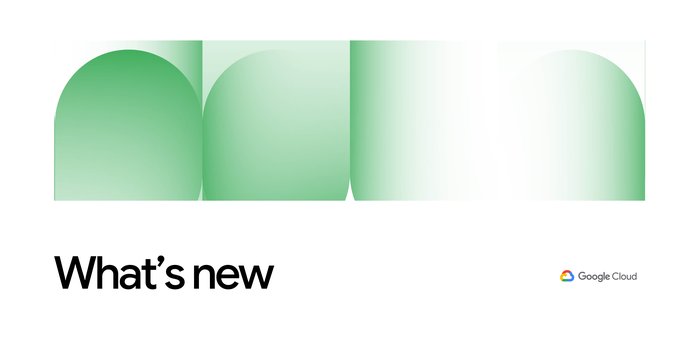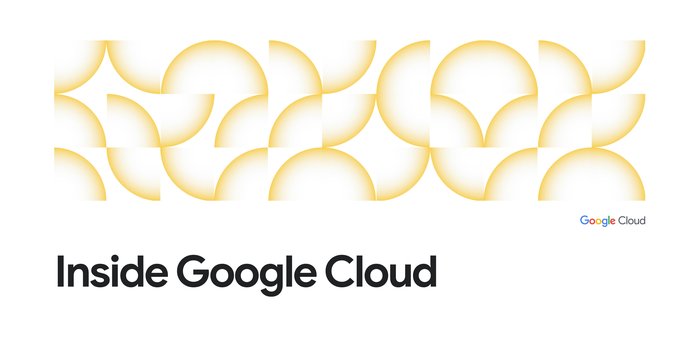Sales specialist, mentor, and woman in Web3: Anella Bokhari is building community and helping others tell their story along the way

Google Cloud Content & Editorial
Editor's note: Anella Bokhari is a Google Cloud ISV Sales Specialist and the cofounder of Women in Web3, a Google Group dedicated to increasing female and non binary participation in blockchain technology. She's also a mentor and career coach, with a rich history of helping others develop and tell their story.
What was your path to Google Cloud?
My first job after graduating college in 2007 was selling Bloomberg terminals. Lacking a financial background was not an issue because they could teach me what I needed to know.
A year later we had the subprime crisis; Bloomberg did better than a lot of other places in the financial sector, so I learned how important data and information are to organizations. I caught the startup itch and left Bloomberg for a mid stage ad tech startup. I wound up being recruited by Google from there and joined the Google Marketing Platform team in 2016. I moved over to Google Cloud in January of last year.
How different is Cloud, compared with Ads?
Ads has been Google’s bread and butter for the last twenty years. Many people in Ads have spent the majority of their careers at Google. Cloud is still very much a startup for Google. As such, the majority of team members have been hired within the last few years. The difference in maturity of these two businesses definitely contributes to uniquely different cultures.
At Cloud, I work with outside companies, called Independent Software Vendors [ISVs], that want to sell their technology to existing and prospective Google Cloud customers. They reach these audiences by appealing to Google Cloud sellers who manage these relationships. This role requires me to connect many individual people and groups.
That's a challenge - appeal to a salesperson, so you can appeal to a customer.
It's a great communications challenge. I’ve led sessions on how to give a really compelling narrative to someone who's being bombarded with things to sell. Ideally, in three slides or less you can clearly tell them the real problems you help solve, real examples of success, and what you and the salesperson can do together. It sounds simple, but great success comes from thinking through all the details.
You're also a mentor and coach to a lot of people within Google.
Google is a massive company with a lot of different opportunities. It can help to have someone who will listen, discuss career ambitions, and come up with a plan on getting there.
A huge part of this process is owning your personal brand and developing your story. This has alway been a focus area for me in my career. The ability to help others with this process is very rewarding.
The biggest difference between coaching Googlers and coaching an ISV is the audience focus. The ISV is thinking about what a salesperson needs to hear, and the Googler is ultimately thinking about what the hiring manager needs to hear.
You've also started doing a lot of work in Web3 including founding Women in Web3 at Google. What attracted you to the space?
Web3 is generally defined as the next phase of the internet powered by blockchain technology. It’s an umbrella term for a lot of things, including cryptocurrency, Non Fungible Tokens (NFTs), decentralized finance and the metaverse. The most important and exciting part of this space is the theme of direct participation. Imagine being able to participate in an artist’s royalties because you were a holder of their original NFT! There is massive potential to innovate across multiple different industries. Once the hype and the buzz settles, we will start to see true utility based use cases come to life.
When I started getting interested in Web3, I joined some of the chatrooms Alphabet has on the subject. I noticed there weren't a lot of women, so I wanted to create a forum where more women and non binary audiences who were interested, but maybe a bit intimidated, could connect on the topic. After launching the group and spreading the word that week we had about 600 people sign up. We're now up to 800+, and we've hosted a lot of great external speakers to showcase the working being done in the space.
Where do you hope this community goes?
I want it to be a place where people feel safe to ask questions, where it's ok to feel like a beginner, and where eventually, people start getting involved. What I'm most passionate about is that it is still early days. The moment to ensure this will be a diverse and equitable industry is now.

